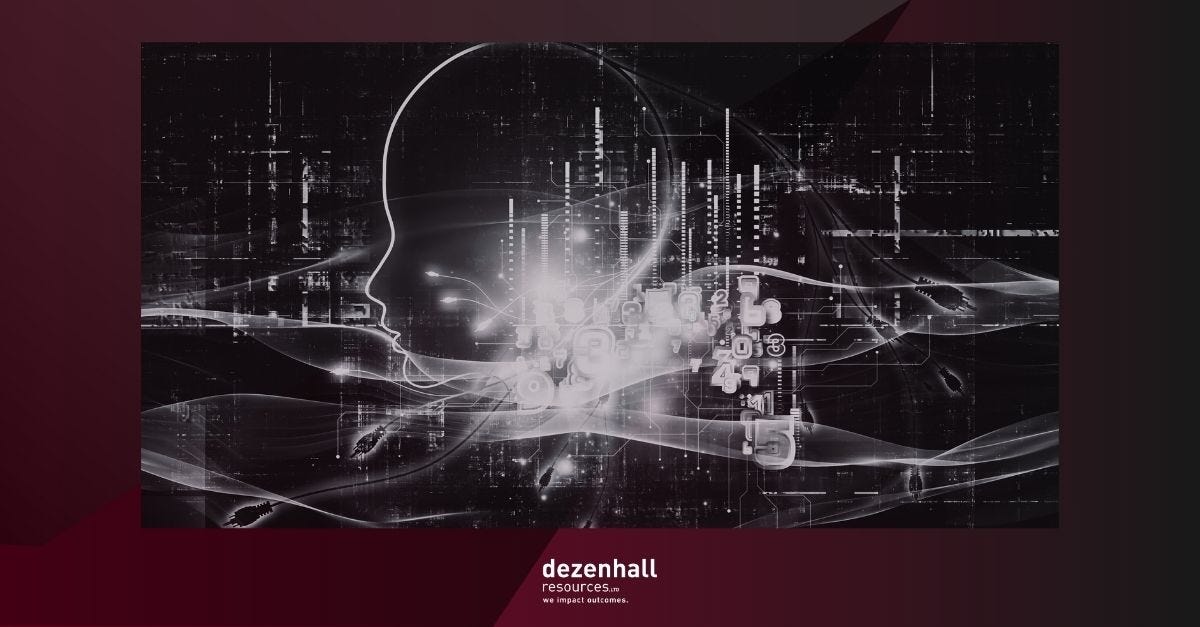Before You Pick a Fight, Beware the Ghost in the Machine
Almost every person or institution under fire believes they have a good story to tell. Those are the exact words they use, too. “Good story to tell.” It’s only natural because we are hardwired to think the best of ourselves and the groups we belong to. The challenge is that the outside world rarely thinks like our mothers do, and if controversial parties had such a great story, they wouldn’t need my merry band.
The hardest part of our job in crisis management is the dreaded reality check when we must tell clients that THIS could happen if they do THAT. The assumption is that THAT will be received well because of the proverbial “great story to tell” not to mention the delightful soul telling it.
I thought about this recently because I watched the Netflix documentary on the Johnny Depp – Amber Heard defamation trial on the same day that DraftKings had to apologize for a promotion inviting people to bet on sports to commemorate the 9/11 terror attacks. Depp “mostly” won legally and in the court of public opinion.
It was clear to me that Heard grossly miscalculated when she wrote the op-ed about Depp’s alleged abuse that triggered the suit. She thought she’d be embraced as a #MeToo heroine. Instead, she was savaged inside and outside the courtroom — including by an avalanche of women who didn’t believe her. The women in the Netflix documentary were more brutal than the men. To be more specific about Heard’s strategic error, she didn’t factor in the ghost in the machine. The Beast. The violent unknown that will provoke public opinion as it collides with social media.
Social media eviscerated Heard with a commensurate force that it supported the victims of Harvey Weinstein and other #MeToo ogres. I have a theory about why: At the same time the public has been forbidden to acknowledge a spectrum of rotten male behavior, most people quietly believe there is such a spectrum. They drew a distinction between a monster attacking women for his reptilian impulses and a volatile relationship between a beautiful young woman and a famous bad boy. It didn’t help that Heard’s testimony was fiercely contradicted by other witnesses, even if Depp’s behavior came off like that of a soused rock star.
Heard has not been alone in launching ill-advised PR wars. The Duke and Duchess of Sussex initiated a PR offensive to deliver themselves to Diana-level status along with global merchandising power. The backlash — despite them employing seasoned communicators — was instantaneous and torrential in part because a Hollywood-style blitz doesn’t mix well with the conventionally spare communications ethic of the Firm. You can’t build a celebrity brand for royalty before Sweeps Week when your chief rival had a head start of hundreds of years.
Then there is Bud Light’s Dylan Mulvaney promotion, which I genuinely believe was a one-off tactic. Nevertheless, this minor promotion with a transgender spokesperson triggered an overreaction so explosive that it ravaged the leading brand. Months later, Bud Light is still reeling. They’ve got all the resources in the world and still can’t stop the cascade.
Most of the communications success I’ve seen involving social media has been subtle, targeted and sustained. Put differently, I see little evidence that digital fire can be reliably fought with more digital fire. I believe the split reactions to Depp and Heard were largely organic, even if they were supported by Depp fans (and Heard foes) and online bots. Indeed, the presence of online bots supporting a subject doesn’t mean those bots were all centrally orchestrated. With all the talk of online Russian interference in the 2016 election, even this could not have happened if there hadn’t been a massive ideological and technological marketplace desperately searching for outrage to traffic in.
The existence of a worthwhile technology does not mean it is helpful for everything, not to mention at full tilt. When you ignite a PR battle in the digital age, you had better factor in a) that a reaction on social media may not be what you hope it will be when thinking about it on the elliptical machine and b) your ability to control it is acutely limited because the ghost in the machine is a very independent spirit.



